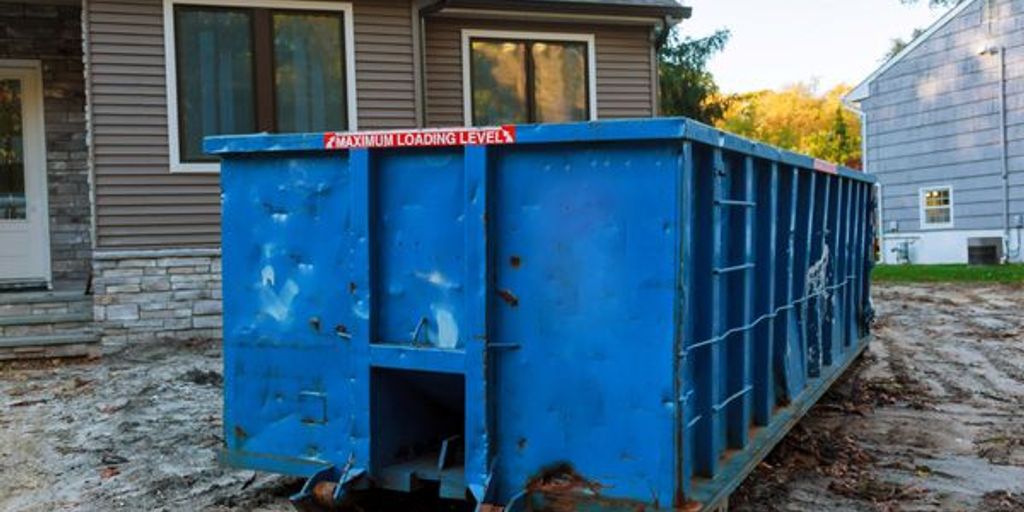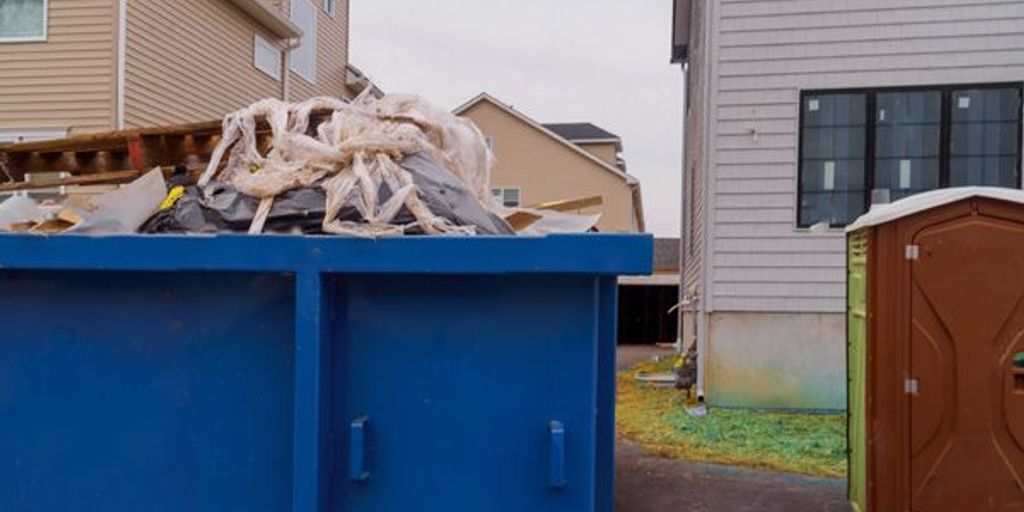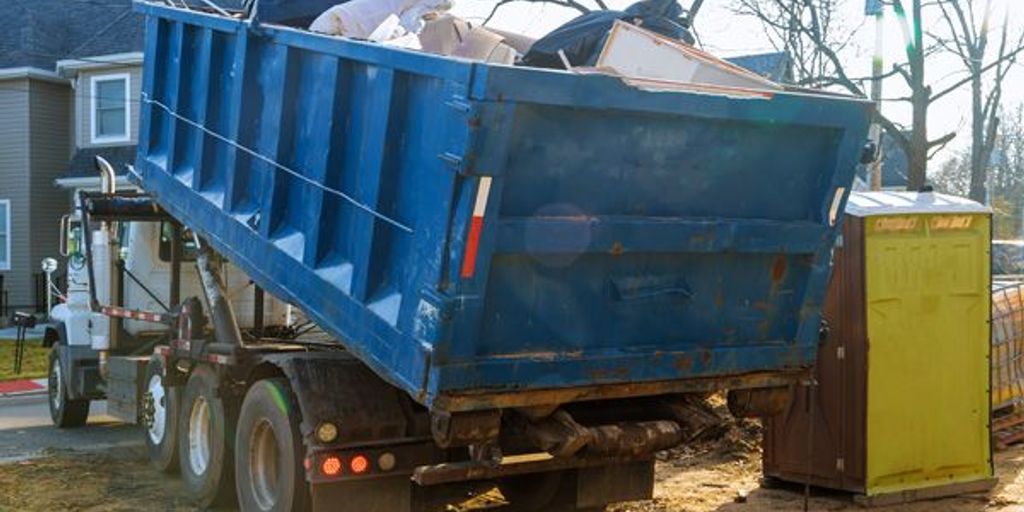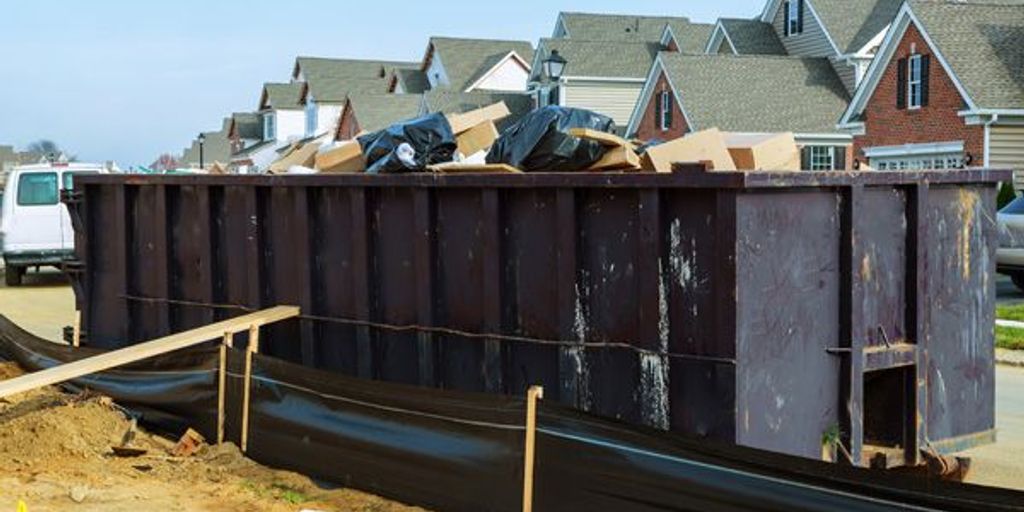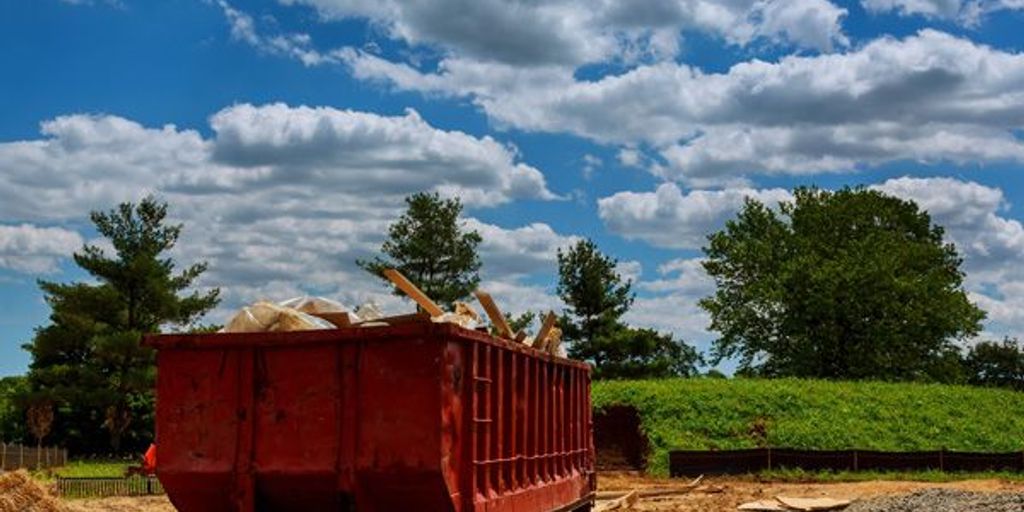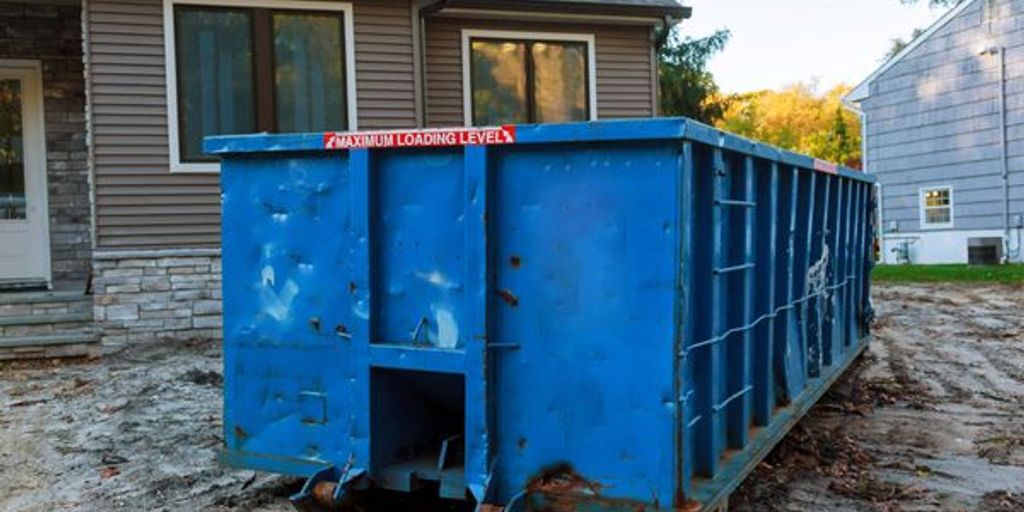Dumpster sizes for concrete
When it comes to disposing of concrete, choosing the right dumpster size is key. Whether you’re working on a small home project or a large construction job, knowing the different sizes available can save you time and money. This guide will help you understand the options and make the best choice for your needs. Key Takeaways 10-yard dumpsters are ideal for small projects like driveway or sidewalk removal. 20-yard dumpsters work well for mid-sized projects such as small construction jobs. 30-yard dumpsters are suited for larger projects with more concrete debris. 40-yard dumpsters are best for very large projects and major renovations. Always consider weight limits and local regulations to avoid extra fees. Understanding Different Dumpster Sizes for Concrete When it comes to concrete projects, choosing the right dumpster size is crucial. Different projects require different dumpster sizes, and choosing the wrong size can lead to unnecessary complications. 10-Yard Dumpsters A 10-yard dumpster is perfect for small concrete projects. It can hold about 10 cubic yards of material, which is roughly equivalent to 3-4 pickup truck loads. This size is ideal for tasks like removing a small patio or sidewalk. 20-Yard Dumpsters For medium-sized projects, a 20-yard dumpster is a good choice. It can handle around 20 cubic yards of concrete, which is about 6 pickup truck loads. This size works well for larger driveways or small home foundations. 30-Yard Dumpsters A 30-yard dumpster is suitable for larger projects. It can hold approximately 30 cubic yards of material, equivalent to 9 pickup truck loads. This size is often used for major home renovations or commercial projects. 40-Yard Dumpsters The largest option, a 40-yard dumpster, is best for very large projects. It can accommodate about 40 cubic yards of concrete, or 12 pickup truck loads. This size is typically reserved for large-scale construction or demolition projects. Remember, overloading a dumpster can lead to extra fees and complications. Always choose the right size for your project to avoid unnecessary headaches. Choosing the Right Dumpster for Your Concrete Project Assessing Project Scope Before picking a dumpster, think about the size of your project. Are you working on a small sidewalk or a large driveway? The most common sizes available for rental are 10-yard, 20-yard, 30-yard, and 40-yard dumpsters, each serving different project scales. A 10-yard dumpster is great for small jobs, while a 40-yard dumpster is better for big projects. Estimating Concrete Volume To choose the right dumpster, you need to estimate how much concrete you’ll be disposing of. Measure the length, width, and depth of the area. Multiply these numbers to get the volume. This will help you decide if you need a smaller 10-yard dumpster or a larger one. Considering Weight Limits Concrete is heavy, so you must consider weight limits. Dumpsters have weight limits to ensure they can be safely transported. Overloading can lead to extra fees. Always check the weight limit of the dumpster you plan to rent to avoid any surprises. Benefits of Using Roll-Off Dumpsters for Concrete Convenience and Efficiency Using roll-off dumpsters for concrete disposal is incredibly convenient. You can have a dumpster delivered right to your site, making it easy to toss in debris as you work. This saves you multiple trips to the landfill, which can be time-consuming and costly. Plus, roll-off dumpsters come in various sizes, so you can choose one that fits your project’s needs perfectly. Cost-Effectiveness Roll-off dumpsters are a cost-effective solution for concrete disposal. Renting a dumpster can be cheaper than hiring a junk removal service, especially for large projects. You also avoid the costs associated with multiple trips to the landfill, such as fuel and disposal fees. A 20-yard roll-off dumpster combines the best features of larger and smaller dumpsters, offering a perfect balance of durability and capacity. Environmental Benefits Using roll-off dumpsters can also be better for the environment. Many dumpster rental companies offer recycling services, ensuring that your concrete is disposed of in an eco-friendly manner. This helps reduce the amount of waste that ends up in landfills and promotes sustainable building practices. Roll-off dumpsters make concrete disposal easy and efficient, saving you time and money while also being environmentally friendly. Weight Limits and Regulations for Concrete Dumpsters Understanding Weight Limits When renting a dumpster for concrete, it’s crucial to understand the weight limits. The average weight limit for 40 cubic yard dumpsters is typically 6-8 tons, or 12,000-16,000 lbs. This means you need to be mindful of how much concrete you load to avoid exceeding these limits. Local Regulations Different areas have different rules regarding dumpster rentals. Always check with your local authorities to ensure you’re following the regulations. Some places might have stricter rules about where you can place the dumpster or how much weight it can carry. Avoiding Overweight Fees To avoid extra charges, make sure not to overload your dumpster. Overweight fees can be quite expensive, so it’s better to rent a larger dumpster if you’re unsure about the weight. Breaking up the concrete into smaller chunks can also help distribute the weight more evenly and make it easier to load. How to Load Concrete into a Dumpster Safely Breaking Up Concrete Before loading concrete into a dumpster, it’s best to break it into smaller chunks. This not only makes it easier to handle but also helps you get the most value out of your dumpster rental. Smaller pieces fit more compactly, reducing air gaps and allowing you to load more material. Breaking up concrete also makes it easier to distribute the weight evenly. Distributing Weight Evenly When loading concrete, make sure to distribute the weight evenly throughout the dumpster. Uneven weight distribution can make the dumpster difficult to lift and transport. It can also cause damage to the dumpster and the truck. To avoid these issues, load the concrete in layers and spread it out as evenly as possible. Safety Precautions Safety should always be a priority when handling heavy materials like concrete. Wear protective gear such as gloves, safety glasses,
Dumpster sizes for concrete Read More »


